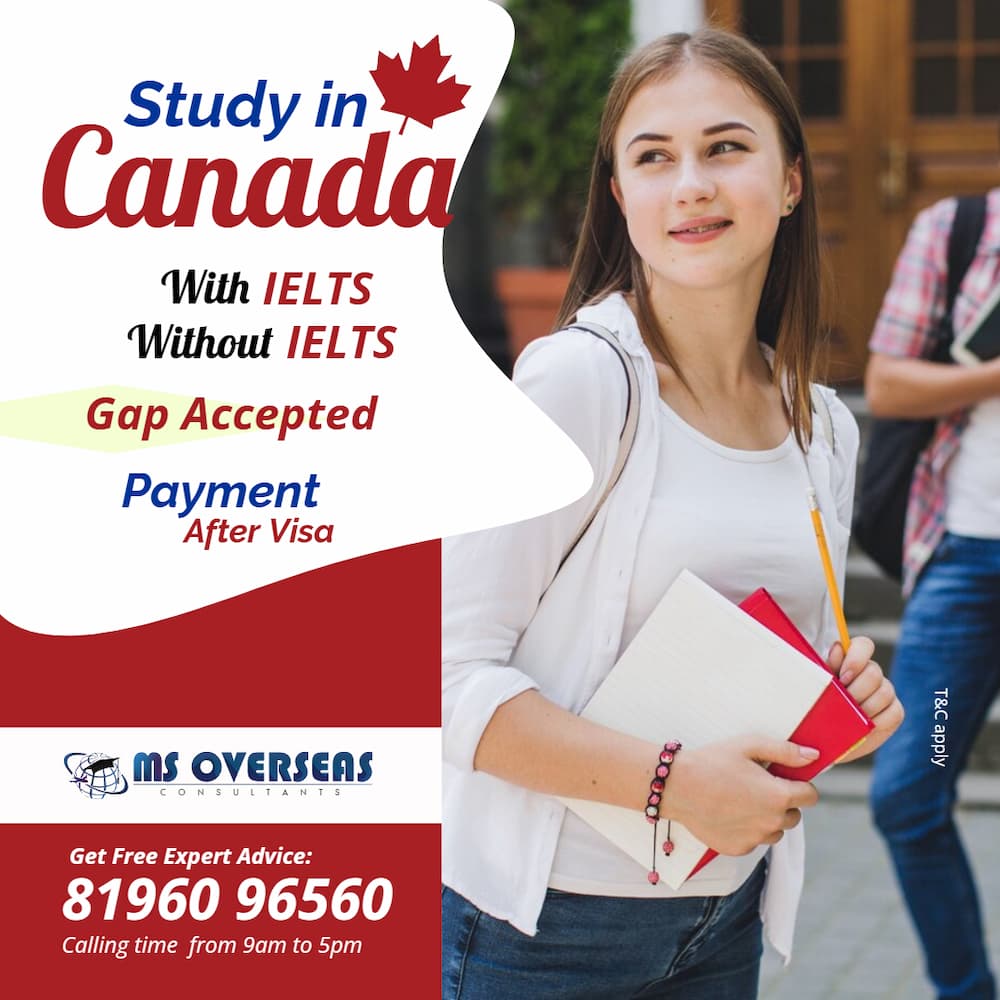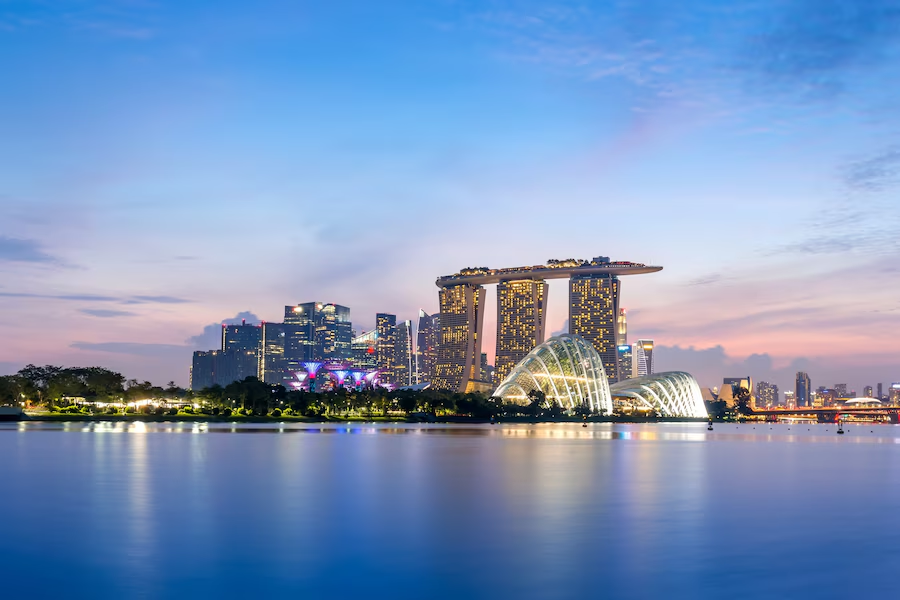Singapore, a small yet highly influential city-state in Southeast Asia, has garnered global recognition for its impressive economic prowess, efficient governance, and strategic geopolitical significance. One of its most notable achievements is its powerful passport, which grants its citizens visa-free or visa-on-arrival access to 195 countries out of 227. This remarkable level of access underscores Singapore’s diplomatic strength and its citizens’ freedom of movement.
Historical Context
From British Colony to Sovereign State
Singapore’s journey from a British colony to a sovereign state is a tale of resilience and strategic vision. Established as a British trading post in 1819 by Sir Stamford Raffles, Singapore quickly became a crucial hub for trade and commerce due to its strategic location at the crossroads of major sea routes. Following a brief period of Japanese occupation during World War II, Singapore returned to British control before attaining self-governance in 1959. In 1963, it joined the Federation of Malaysia, only to separate and become an independent nation on August 9, 1965.

Post-Independence Development
Under the leadership of its first Prime Minister, Lee Kuan Yew, Singapore embarked on an ambitious journey of nation-building and economic development. The government implemented policies focused on industrialization, urban planning, and education, transforming Singapore into one of the world’s most advanced and prosperous economies within a few decades.
Economic Powerhouse
Strategic Economic Policies
The city-state embraced free trade, encouraged foreign investment, and developed a world-class infrastructure. Its pro-business environment, characterized by low taxes, minimal corruption, and robust legal frameworks, attracted multinational corporations and positioned Singapore as a global financial hub.
Diversified Economy
Singapore’s economy is highly diversified, with key sectors including finance, manufacturing, logistics, and technology. The city-state is home to one of the world’s busiest ports and is a leading player in sectors such as electronics, pharmaceuticals, and petrochemicals. Additionally, Singapore has emerged as a major center for innovation and technology, fostering a vibrant startup ecosystem and investing heavily in research and development.
Governance and Public Policy
Efficient and Transparent Governance
The government, led by the People’s Action Party (PAP) since independence, has implemented policies that prioritize meritocracy, pragmatism, and long-term planning. This approach has enabled Singapore to achieve high levels of economic growth, social stability, and quality of life.
Social Policies and Urban Planning
Singapore’s government has also excelled in urban planning and social policies. The Housing and Development Board (HDB) has successfully provided affordable housing for the majority of the population, while the Central Provident Fund (CPF) ensures financial security for retirees. The city-state’s meticulous urban planning has created a clean, green, and highly livable environment, with an extensive public transportation network and numerous parks and recreational facilities.

Diplomatic Influence and Soft Power
Active Diplomatic Engagement
Singapore’s diplomatic strategy is characterized by active engagement with the international community. Despite its small size, Singapore has established strong diplomatic relations with countries around the world and is a member of numerous international organizations, including the United Nations, ASEAN, and the World Trade Organization. Its foreign policy emphasizes multilateralism, regional stability, and economic cooperation.
Soft Power and Global Influence
Singapore’s soft power is reflected in its global influence and reputation. The city-state is known for its high-quality education system, world-class healthcare, and cultural diversity. Institutions such as the National University of Singapore (NUS) and Nanyang Technological University (NTU) are ranked among the best in the world, attracting students and researchers globally. Additionally, Singapore’s culinary scene, blending Malay, Chinese, Indian, and Western influences, has gained international acclaim.
The Singaporean Passport: A Symbol of Mobility and Trust
Visa-Free Access
The Singaporean passport is renowned for its strength, offering visa-free or visa-on-arrival access to 195 countries.
Below is the list of countries where Singaporean passport holders enjoy visa-free or visa-on-arrival access:
| Region | Countries/Regions |
|---|---|
| Africa | Botswana, Cape Verde, Comoros, Eswatini, Gabon, The Gambia, Ghana, Guinea-Bissau, Kenya, Lesotho, Madagascar, Malawi, Mauritania, Mauritius, Mayotte, Morocco, Mozambique, Namibia, Réunion, Rwanda, Senegal, Seychelles, Sierra Leone, Somalia, South Africa, St. Helena, Tanzania, Togo, Uganda, Zambia, Zimbabwe |
| Americas | Antigua and Barbuda, Argentina, Bahamas, Barbados, Belize, Bermuda, Bolivia, Brazil, Canada, Chile, Colombia, Costa Rica, Dominica, Dominican Republic, Ecuador, El Salvador, French Guiana, Grenada, Guatemala, Guyana, Haiti, Honduras, Jamaica, Mexico, Panama, Paraguay, Peru, Saint Kitts and Nevis, Saint Lucia, Saint Vincent and the Grenadines, Suriname, Trinidad and Tobago, United States, Uruguay, Venezuela |
| Asia | Armenia, Bahrain, Bangladesh, Brunei, Cambodia, China, Cyprus, Georgia, Hong Kong, India, Indonesia, Israel, Japan, Jordan, Kazakhstan, Kuwait, Kyrgyzstan, Laos, Lebanon, Macao, Malaysia, Maldives, Mongolia, Myanmar, Nepal, Oman, Pakistan, Palestine, Philippines, Qatar, Saudi Arabia, South Korea, Sri Lanka, Taiwan, Tajikistan, Thailand, Timor-Leste, Turkey, United Arab Emirates, Uzbekistan, Vietnam |
| Europe | Albania, Andorra, Austria, Belarus, Belgium, Bosnia and Herzegovina, Bulgaria, Croatia, Cyprus, Czech Republic, Denmark, Estonia, Faroe Islands, Finland, France, Georgia, Germany, Greece, Hungary, Iceland, Ireland, Italy, Kosovo, Latvia, Liechtenstein, Lithuania, Luxembourg, Malta, Moldova, Monaco, Montenegro, Netherlands, North Macedonia, Norway, Poland, Portugal, Romania, Russia, San Marino, Serbia, Slovakia, Slovenia, Spain, Sweden, Switzerland, Ukraine, United Kingdom |
| Oceania | Australia, Cook Islands, Fiji, French Polynesia, Kiribati, Marshall Islands, Micronesia, New Caledonia, New Zealand, Niue, Palau, Papua New Guinea, Samoa, Solomon Islands, Tonga, Tuvalu, Vanuatu |
| Others | British Virgin Islands, Falkland Islands, Gibraltar, Greenland, Guadeloupe, Guam, Martinique, Montserrat, Saint Pierre and Miquelon, Turks and Caicos Islands, Western Sahara |
Factors Contributing to Passport Strength
Several factors contribute to the strength of the Singaporean passport. Singapore’s stable political environment and robust legal system instill confidence in other nations. the city’s rigorous security measures and effective immigration controls ensure that Singaporean travelers are well-regarded and pose minimal risk. Lastly, Singapore’s proactive diplomacy and adherence to international agreements foster strong bilateral and multilateral relationships.
Challenges and Future Prospects
Addressing Inequality and Social Cohesion
Despite its achievements, Singapore faces challenges related to inequality and social cohesion. The income gap has widened in recent years, there are concerns about the affordability of housing and cost of living. The government has introduced measures address these issues, including social assistance programs, skills development initiatives policies to support low-income families.
Sustaining Economic Growth
Sustaining economic growth in a rapidly changing global landscape is another challenge for Singapore. The city-state must continue to innovate and adapt to technological advancements, geopolitical shifts, and environmental sustainability. Investments in digital infrastructure, renewable energy, and education will be crucial to maintaining its competitive edge.
Aging Population
Singapore’s aging population poses significant challenges for healthcare, pensions, and the labor market. The government has implemented policies to encourage higher birth rates, attract foreign talent, and promote active aging. Ensuring that the healthcare system can accommodate the needs of an older population will be vital for Singapore’s long-term sustainability.
Conclusion: Singapore’s transformation from a small, resource-scarce island into a global powerhouse is a testament to its strategic vision, effective governance, and dynamic economy. The strength of its passport, offering visa-free access to 195 countries, symbolizes the city’s remarkable diplomatic influence and the trust it commands internationally. As Singapore navigates future challenges, it will continue to leverage its strategic advantages, foster innovation, and uphold the principles that have driven its success. The story of Singapore is one of resilience, adaptability, and aspiration, serving as an inspiration to nations around the world.
Disclaimer
The information provided in this document is for general informational purposes only. While we strive to keep the information up-to-date and accurate, we make no representations or warranties of any kind, express or implied, about the completeness, accuracy, reliability, suitability, or availability with respect to the content.

Get Free Expert Advice: Are you ready to embark on your next adventure? Whether you’re seeking a work permit, tourist visa, or study opportunities in Canada or other countries, we’re here to help! Contact us today to learn how our expert services can simplify your journey and turn your dreams into reality. Reach out now and let’s start planning your future together!
- Canada Citizenship Requirements: Everything You Need to Know
- Canada’s New Visa Rules: What It Means for Indian Students
- Navigating Student Visa Regulations for Studying in the US, UK, Australia, and Canada
Also read:
- Canada’s New Rural and Francophone Immigration Pilots: A Fresh Opportunity for Skilled Workers
- Hundreds of U.S. Visa Appointments Canceled in Colombia: What It Means for Future Travelers
- Ultimate Guide to Dubai Visa Applications for Indian Tourists: Avoid Rejection & Ensure a Hassle-Free Trip with These Key Tips!
- New Canada Immigration Fees Effective December 1, 2024: Everything You Need to Know
- RS Global Immigration Jalandhar: Your Gateway to International Opportunities




